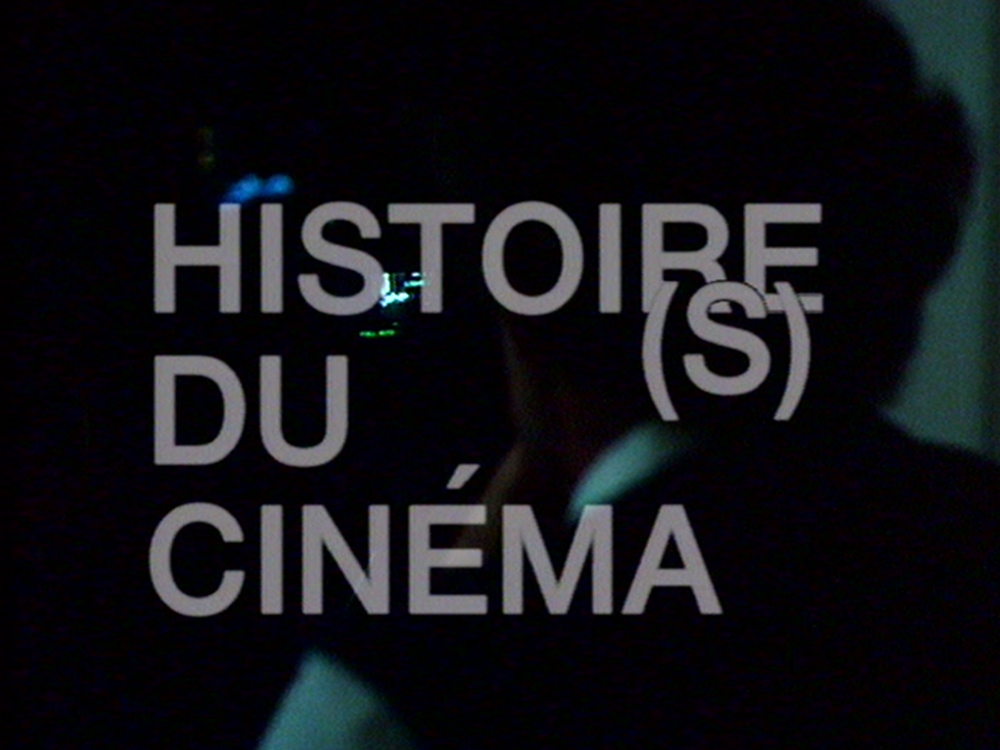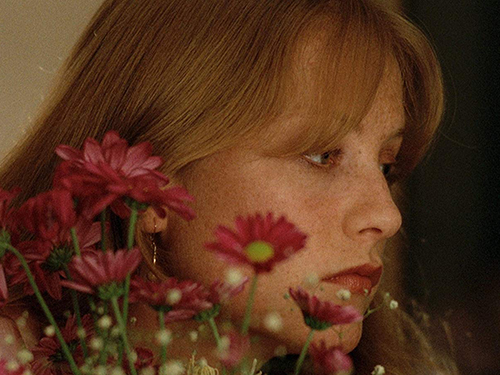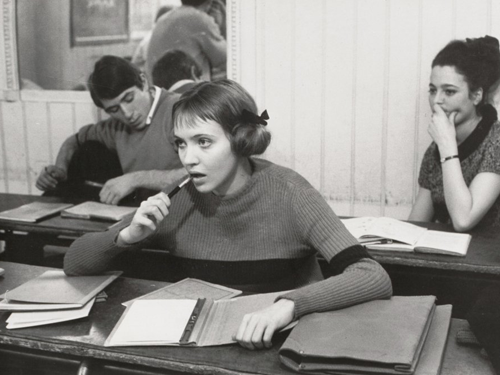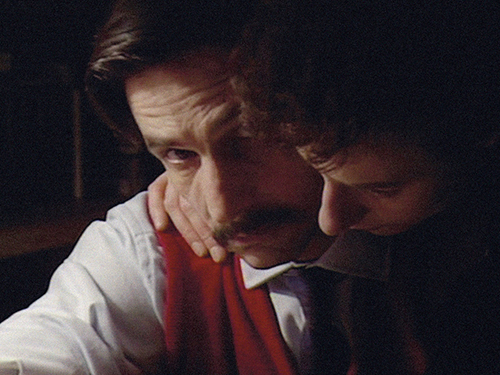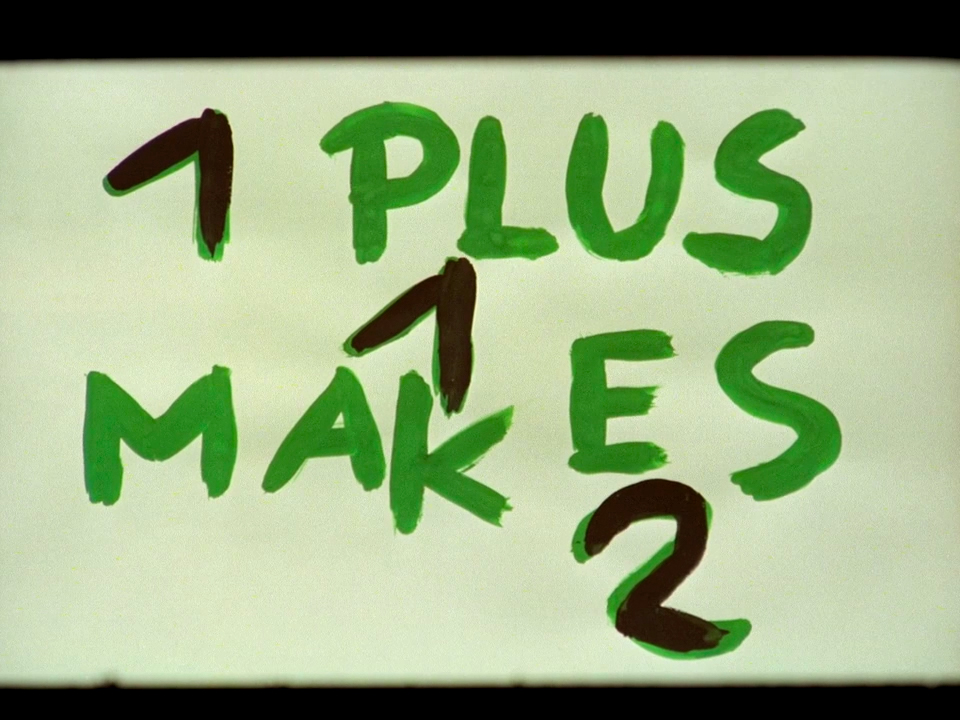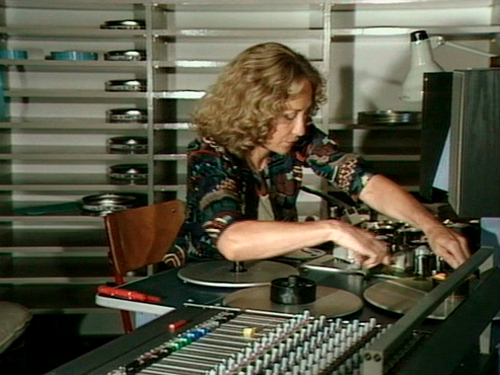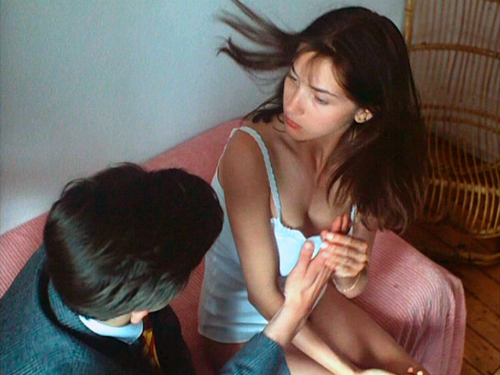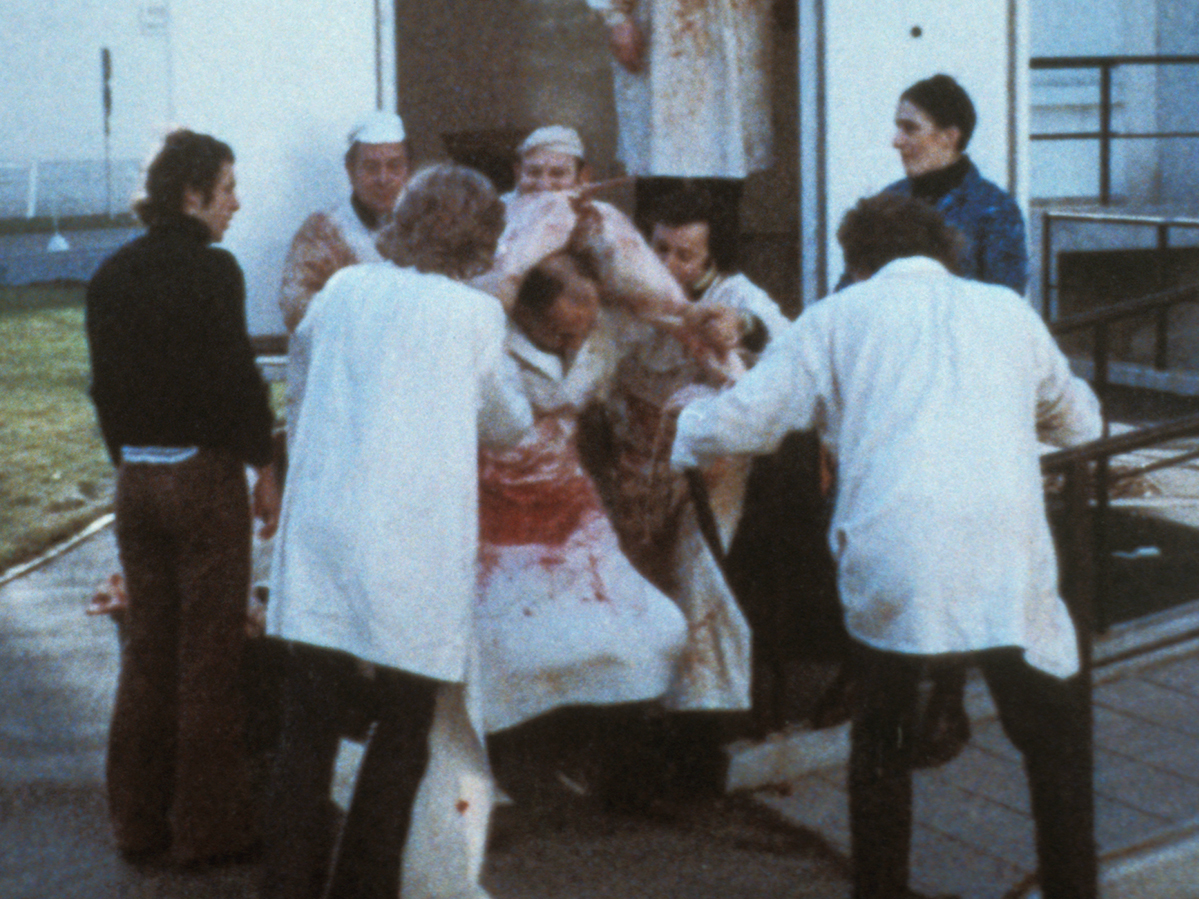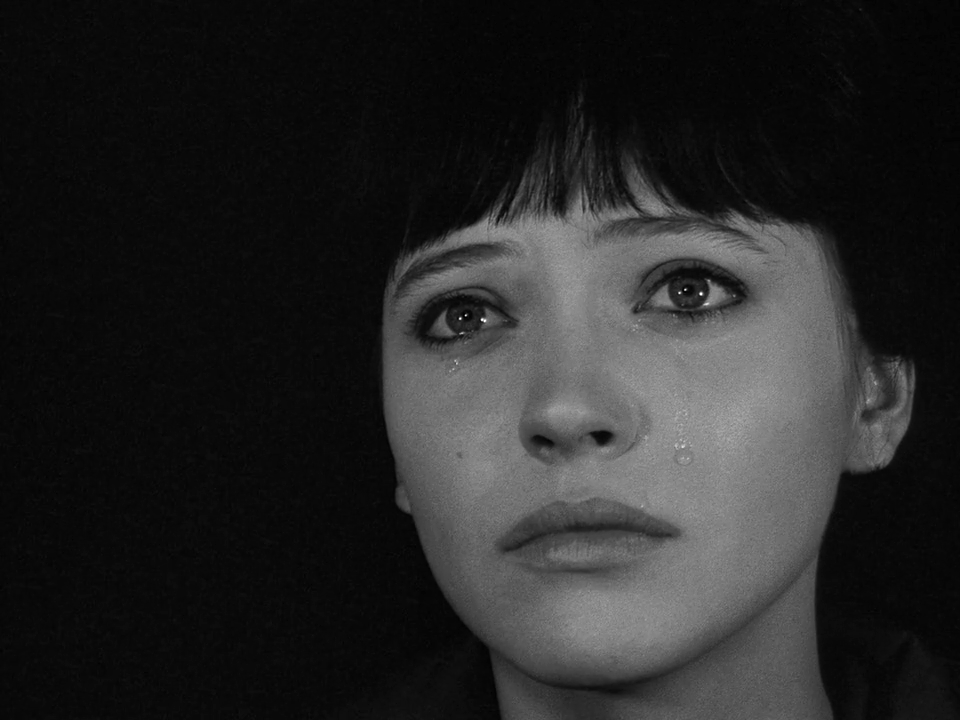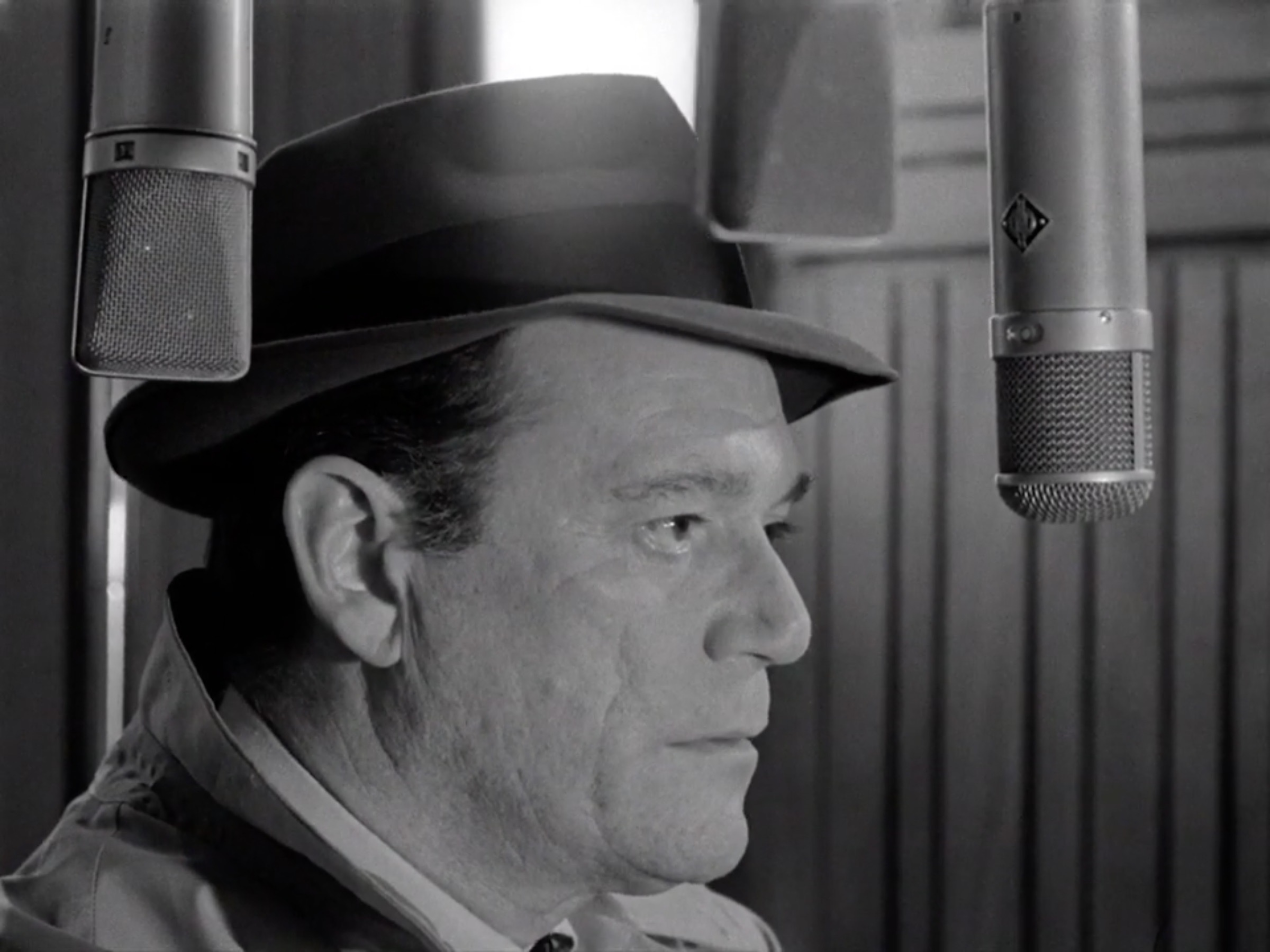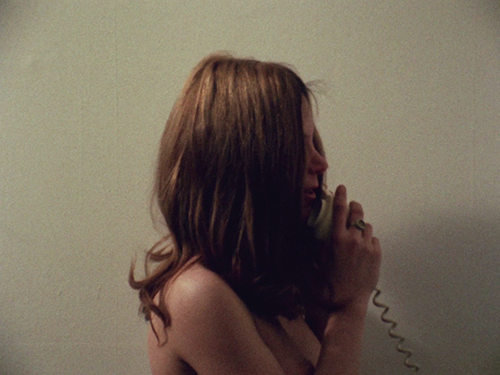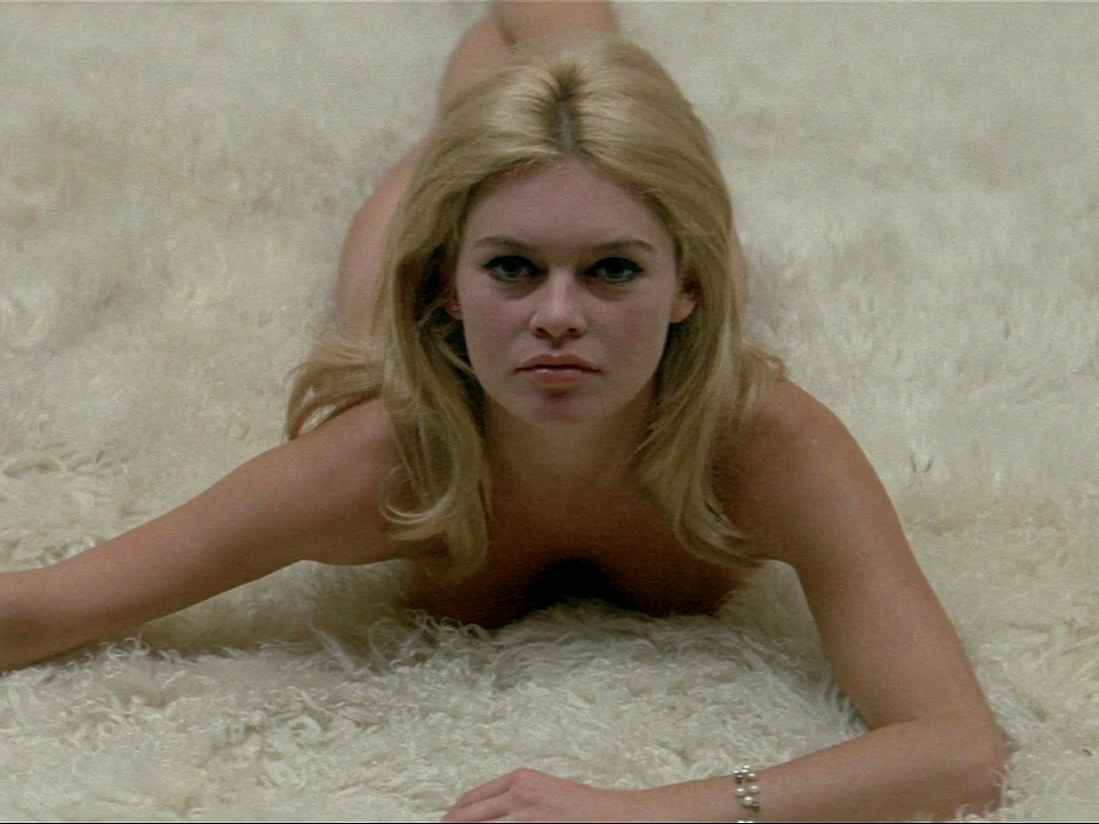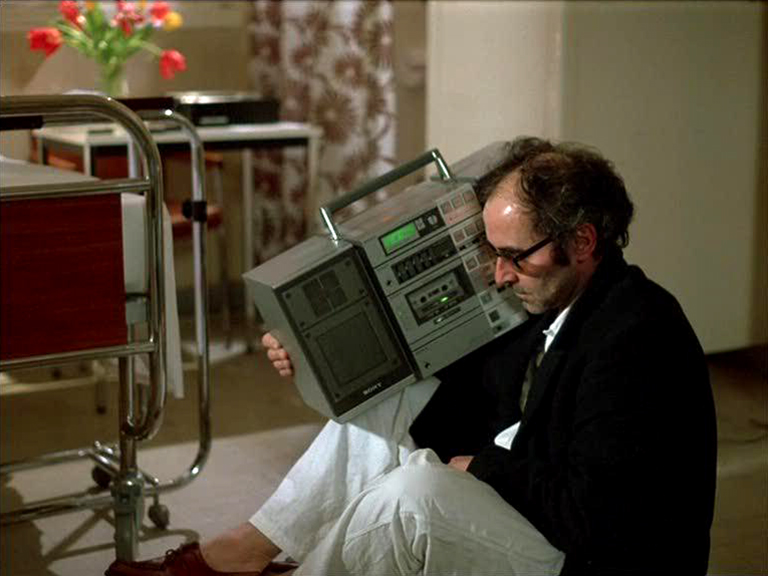Jean-Luc Godard
Jean-Luc Godard (1930) is a Swiss-French filmmaker, author, producer and film editor who came into the French limelight in the late 1950s and 60s as one of the nouvelle vague filmmakers. Like Éric Rohmer, François Truffaut, Claude Chabrol and Jacques Rivette, Godard began his career in the 1950s as a film critic. He wrote for Gazette du cinéma, Cahiers du Cinéma and Arts. Godard’s most celebrated period as a director extends roughly from his first feature film À bout de souffle (1960) to Week-end (1967). In this period, his work focused on relatively conventional films, often referring to film history. The period between May 1968 and the 1970s was labelled as “militant” and “radical”, “Maoist” or just “political”. At that time, Godard consistently used revolutionary rhetorics. In 1968, the Dziga Vertov Group was founded by Godard, Jean-Pierre Gorin and other filmmakers. Their films were mainly defined by Brechtian forms, Marxist ideology and a lack of personal authorship. The group, named after the Soviet filmmaker Dziga Vertov (1896-1954), dissolved soon after the completion of the film Letter to Jane (1972). In 1972, Godard and Swiss filmmaker Anne-Marie Miéville founded the alternative video production and distribution company Sonimage, producing both Numéro deux (1975) and Sauve qui peut (la vie) (1980). In 1976, Godard and his wife Miéville collaborated on a series of innovative video works for the European television broadcaster: Six fois deux/Sur et sous la communication (1976) and France/tour/détour/deux/enfants (1978). Godard’s return to more traditional fiction came with Sauve qui peut (la vie) (1980), the first of a series of more mainstream, autobiographically inspired films such as Passion (1982), Lettre à Freddy Buache (1982) and Prénom Carmen (1984). To this day, Godard has been active as a filmmaker. Recent films include Film Socialisme (2010), Adieu au langage (2014) and Le livre d’image (2018).


